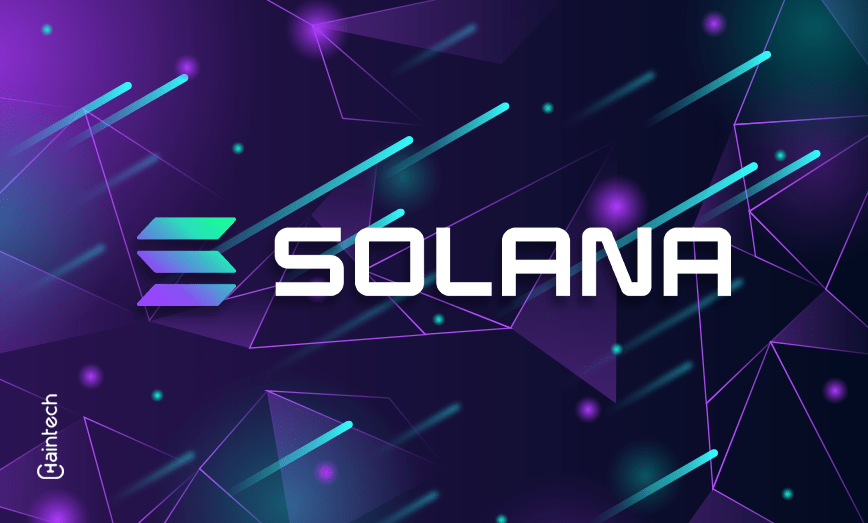Debunking the Myths Revolving Around Blockchain

Blockchain is one of the most commonly talked about topics of today. Being a disruptive technology that is yet to unearth its real-world applications, blockchain has indeed become a subject of interest for experts from all spheres. And although blockchain’s potential manages to secure the hot seat in every discussion, simultaneously there are myths and misconceptions that keep garnering undue attention from the masses.
While we may not know the source of such myths and misconceptions, it is imperative that we talk about them out loud and ferret out the truth hiding beneath them. Let’s have a look at some of the most common misconceptions that are making the rounds:
- Blockchain only speaks the truth: It is a widely accepted fact that whatever information is stored on the blockchain is genuine and right. This genuineness of every transaction is verified by individuals who are called miners. These miners are incentivized to verify the information and add a new block to the blockchain. When a single miner tries to manipulate the process by adding fraudulent information to the blockchain, he is penalized. However, suppose all the miners or a majority of them collude and try to manipulate the process. What then? In that case, they can easily carry out fraudulent transactions or add false information to the blockchain. Therefore, it is not necessary that all the information on a blockchain is genuine.
- Blockchain is all about cryptocurrency: The concept of blockchain was developed in 1991 but it found its real-world application in 2009 with the release of Bitcoin. Since these two novel terms came to the limelight at the same time, many started to believe that both were the same thing. But blockchain is only the technology behind cryptocurrencies and its usage and application is not restricted to the world of crypto. Blockchain has multiple use cases across different industries. Various verticals like finance, healthcare, legal systems, real-estate and many others are working to implement blockchain into their operations.
- All blockchains are public: It is a common notion that all blockchains are public because that is what the people have seen till now (thanks to cryptocurrencies!). However, a blockchain can be public, private or even a hybrid one. At present, cryptocurrencies use public blockchains that are open to everyone and the information stored on it can be accessed by anyone. On the contrary, private blockchains impose restrictions on access and the information is only available to limited number of participants. Banks, for example, are more likely to use private blockchains. Lastly, hybrid blockchains are a mix of public and private blockchains. In a hybrid blockchain, members decide who gets the access to the network and what information is to be made public.
- Blockchain promises confidentiality: It is a complete myth that confidentiality is an inherent attribute of blockchain. Blockchain works on a pseudo-anonymous design that does not assure complete anonymity.
On a public blockchain, when a transaction is carried out, the real-world identity of a person is not revealed but the wallet address of that person is kept in records. These records can be accessed by anyone present on the blockchain. Therefore, there is always a probability of being exposed if another node on the network manages to correlate your wallet address with your identity. - Blockchain is tamper-proof: Blockchain works by adding information to blocks and chaining the newly created blocks to the previous block. This chaining method reduces malicious activities to a great extent as any tampering with the transaction data would require the changes to be made in preceding or succeeding block, or even both and also on each server of the network. Despite these security checks, participating nodes can collectively engage in malpractices, making private blockchains, that are relatively smaller in size, more prone to data tampering.
- Blockchain caters to all: Blockchain is a groundbreaking technology that has found its use cases in many industries. The industries that are currently utilizing this technology are indeed reaping its benefits but blockchain cannot cater to all businesses equally. Some businesses might not be able to enjoy its core features, such as decentralization and immutability and be better off without it. Others simply might not be able to afford it. Therefore, like any other technology, blockchain has its own advantages and limitations that need to be analyzed before implementing it into any business operations.









